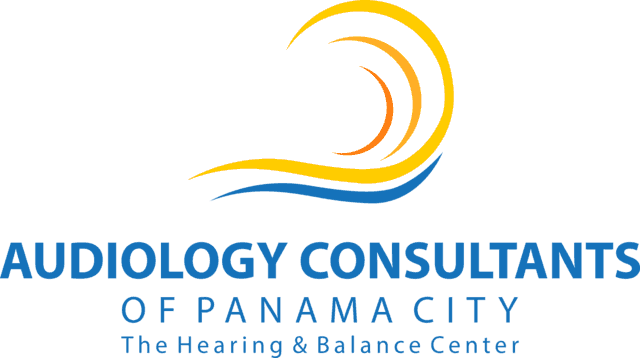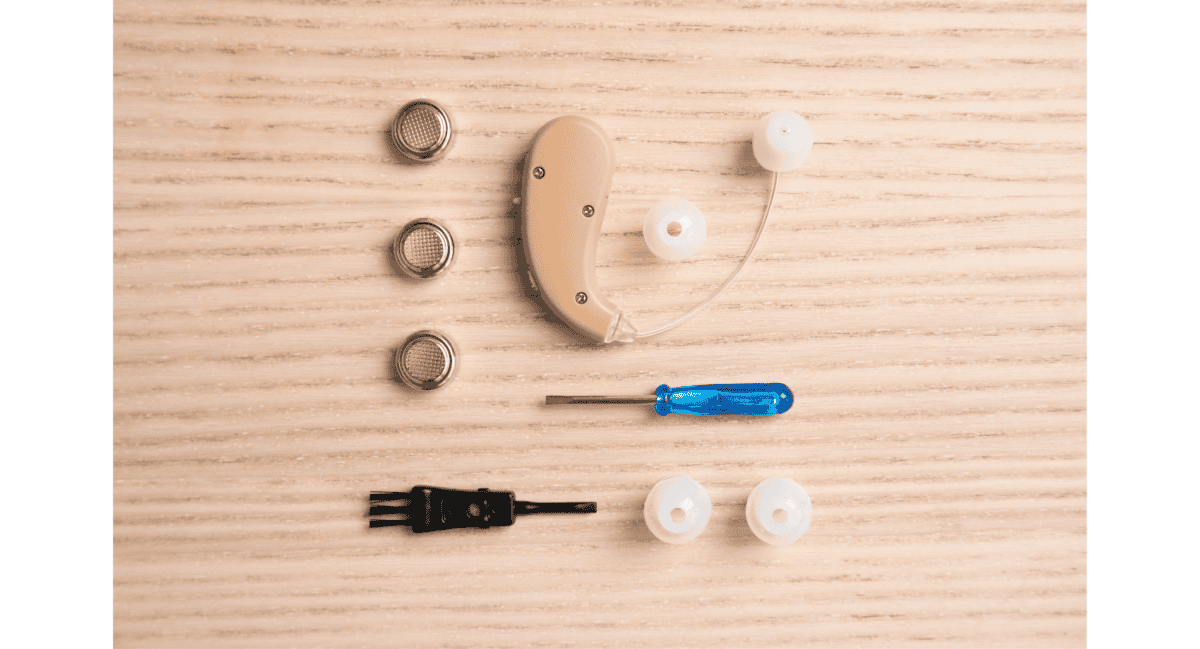- Steps to Coping with Chronic Dizziness - June 6, 2025
- Using Hearing Aid Accessories for Enhanced Listening - May 6, 2025
- Practical Tips for Managing Daily Challenges With Tinnitus - April 8, 2025
Hearing aids are remarkable devices that significantly enhance the quality of life for individuals experiencing hearing loss. Just like any other electronic device, they require regular maintenance to function optimally. Cleaning your hearing aids extends their lifespan and ensures their performance remains top-notch. Proper care and cleaning also help in maintaining good ear health and preventing infections.
Daily Cleaning Routine
Start by using a soft, dry cloth to wipe the exterior of your hearing aids every day. This simple step removes any accumulated dirt, dust, or earwax. Avoid using water, alcohol, or cleaning solvents, as these can damage the electronic components inside the device. To clean the small nooks and crannies, use special hearing aid cleaning tools such as brushes and wax picks. These tools can help you easily remove any wax or debris from the microphones, receivers, and vents.
Weekly Deep Cleaning
This involves taking apart the hearing aids, if the model permits, to clean individual components. Always refer to the manufacturer’s guidelines for disassembling your hearing aids. First, remove the earmolds and soak them in warm, soapy water. Use a gentle soap to avoid any potential irritation. After soaking, rinse them thoroughly and let them air-dry completely before reattaching them to the hearing aids.
To carefully remove any buildup in the electronic parts, use a dry brush. Some hearing aids come with wax guards or filters to protect the internal components from earwax. These should be checked regularly and replaced when needed. This meticulous attention to each part ensures the overall performance and durability of your hearing aids.
Keeping Hearing Aids Dry
Moisture is one of the biggest enemies of hearing aids because sweat, rain, and humidity can damage their delicate electronics. It is important to keep your hearing aids dry by always storing them in a dry box or humidifier. These devices remove any moisture that may have accumulated in your hearing aids throughout the day. Also, avoid storing your hearing aids in the bathroom, where humidity levels are typically high. Instead, keep them in a cool, dry place when not in use.
Attending Regular Hearing Health Exams
Going for professional check-ups is an added value to your hearing health because rigorous cleaning isn’t the only way. These professional check-ups can help identify any issues with both your hearing aids and your hearing health that you might have missed. During the hearing health exam, we will inspect your hearing aids for any signs of wear and tear or buildup of debris. We will also test the performance of your hearing aids to ensure they are functioning optimally.
Safe Handling and Storage
To prolong the lifespan of your hearing aids, handle them with clean, dry hands. This minimizes the transfer of dirt and oils. When not in use, store them in their protective case to prevent damage and ensure that the case is well-ventilated to prevent moisture buildup. If you have pets, keep your hearing aids out of their reach, as animals can easily chew or damage them. When traveling, consider carrying a small portable case to protect your hearing aids from potential harm.
Addressing Issues Promptly
If you notice any problems with your hearing aids, such as reduced sound quality or difficulty turning them on, address them promptly. Ignoring minor issues can lead to bigger problems, which may require costly repairs or even replacements. For example, if you experience any feedback or whistling noises, it might indicate a buildup of earwax or a loose-fitting earmold.
Regular maintenance and prompt attention to any abnormalities ensure that your hearing aids continue to provide the best possible performance, maintaining your connection with the world around you.


